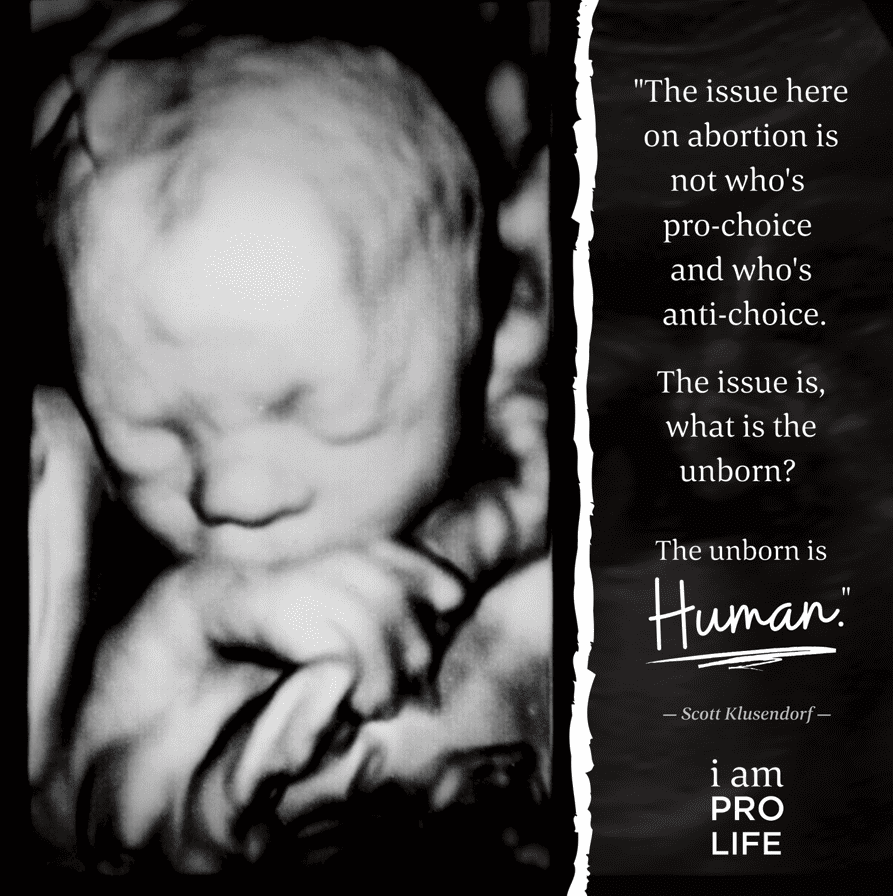Why Understanding Abortion History Matters
Currently, abortion is a topic of heated debate. It is a subject of intense emotion, confusion, anger and intensity. Most people have firm stances on what they believe about abortion. And understandably so. Abortion is messy and heartbreaking by nature. To discuss the topic with an absence of emotion would be strange. Though there is an intensity of emotion surrounding the issue, there is generally a lack of knowledge regarding abortion history.
Due to the passion associated with topics of discussion surrounding abortion, it would be beneficial for all people, no matter their stance on the issue, to have a comprehensive understanding of how abortion came to be. We must ask ourselves, “what are the series of events that brought us here today? How does history inform us of our future?”
History of Abortion in the United States
There is a lack of clarity regarding the actual occurrence of the earliest documented abortion procedure in America. However, history clearly notes that certain abortion procedures predate the signing of the Declaration of Independence. For example, the Maryland State Archives cites that Captain William Mitchell, a member of the state’s governor’s council, coerced a woman named Susan Warren to consume an abortifacient in 1652.
Margaret Sanger voices her radical views on children born with genetic differences.
The rest of abortion history is equally as heartbreaking. And it is anything but empowering to women. Abortion history is filled with racism, bigotry, sexism and genocide. The most prominent name in the modern-day abortion industry, Planned Parenthood, has been at the forefront of hateful discrimination since its founding. Planned Parenthood has used abortion as its chosen vehicle for destruction since Margaret Sanger opened the doors in 1916. Sanger is noted for targeting African American communities with the “Negro Project.” This project enlisted and trained black doctors and ministers to defend and perform abortions in their communities.
Further, Sanger was unashamedly open about her beliefs that certain people, specifically those with disabilities, were better off aborted. In her words, bringing them into the world was a sin since they had “no chance in the world to be a human being…”
The latest recording data available on the annual number of abortions is from 2019, in which the CDC documented 629,898 abortions in 48 reporting areas. Sadly, the leading provider of abortions throughout the United States continues to be Planned Parenthood, the same organization birthed out of racist intent over 100 years ago.
How Society Views History's Atrocities
From the times of William Mitchell to Margaret Sanger, abortion has been a painful topic of exploration. Standing from the present moment and looking backward, one sees the heartbreaking impact of abortion on our nation.
However, we have cause for hope. History may tell us where we have been, but it also paints a picture of where we are going.
Abortion is not the only disturbing topic one can do when examining American history. America has hosted problematic discrimination of various kinds. Our nation weeps as we look back at our long, violent past. We look back on the actions of those who have lived before us and grieve at the injustices. But we learn. We see the darkness that the human heart is capable of, and we strive to keep one another along a path of healing and prosperity.
How We Will Look Back on Abortion
Today, many Americans celebrate access to abortion and claim it to be a miraculous “cure.” Abortion is marketed as a quick alternative to the inconvenience of pregnancy, childbirth and parenting.
Decades from now, as ultrasound technology, embryology, and prenatal care becomes more defined in our country, hearts and minds are bound to change regarding the morality of abortion.
The primary distinction of belief between someone who is pro-choice and pro-life lies in one question:
When does life begin?
As science and technology advance, we see more of a clearer image of the baby in the womb. We understand more about fetal development. Furthermore, we learn how to better sustain life outside of the womb at earlier ages.
Pray for Our Future
If you are reading this, I urge you to approach the throne of God in prayer and ask that he would begin to soften the hearts of pro-choice individuals around the nation. Pray for life-saving technology for children still in the womb. Pray for the Church that we would rise to offer hope, healing and resources to mothers facing unexpected pregnancies.
The future is pro-life, but a pro-life future requires all of us to be intentional in our efforts to support women.

















